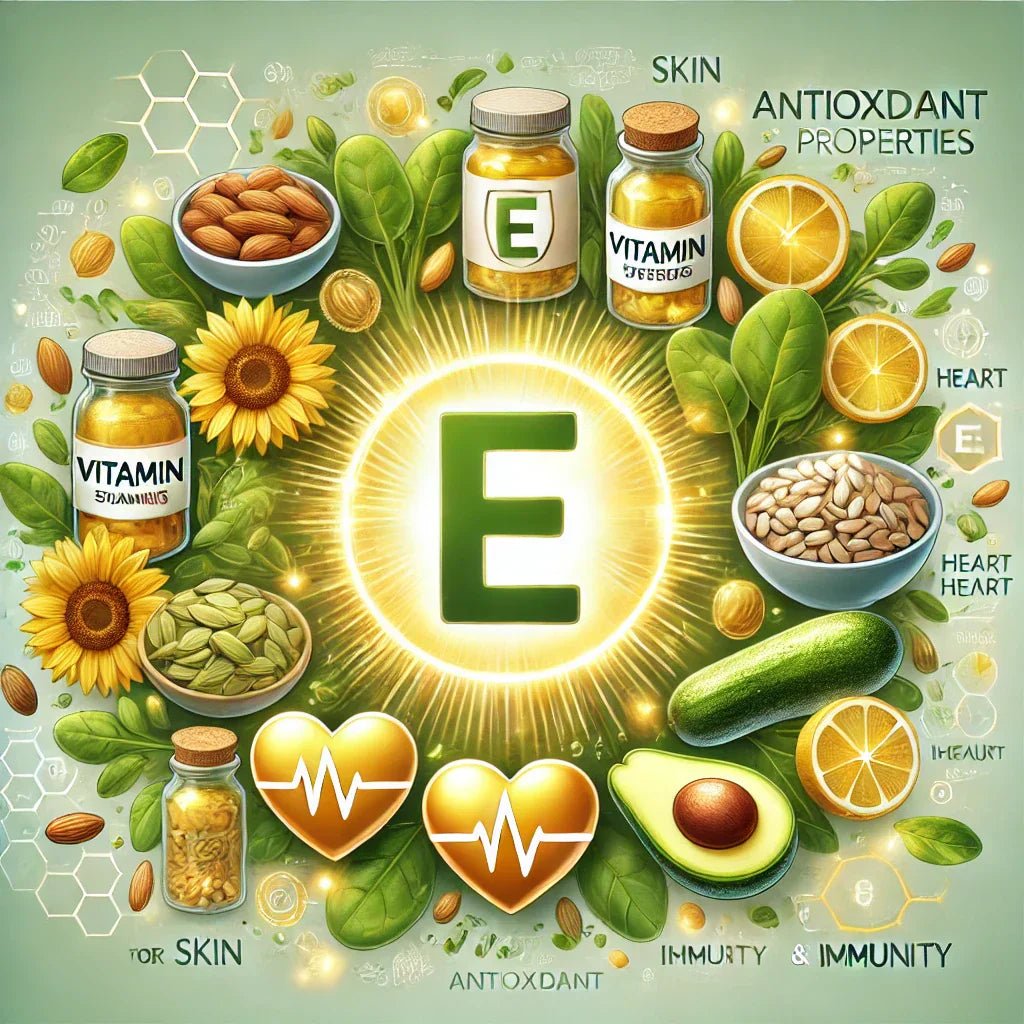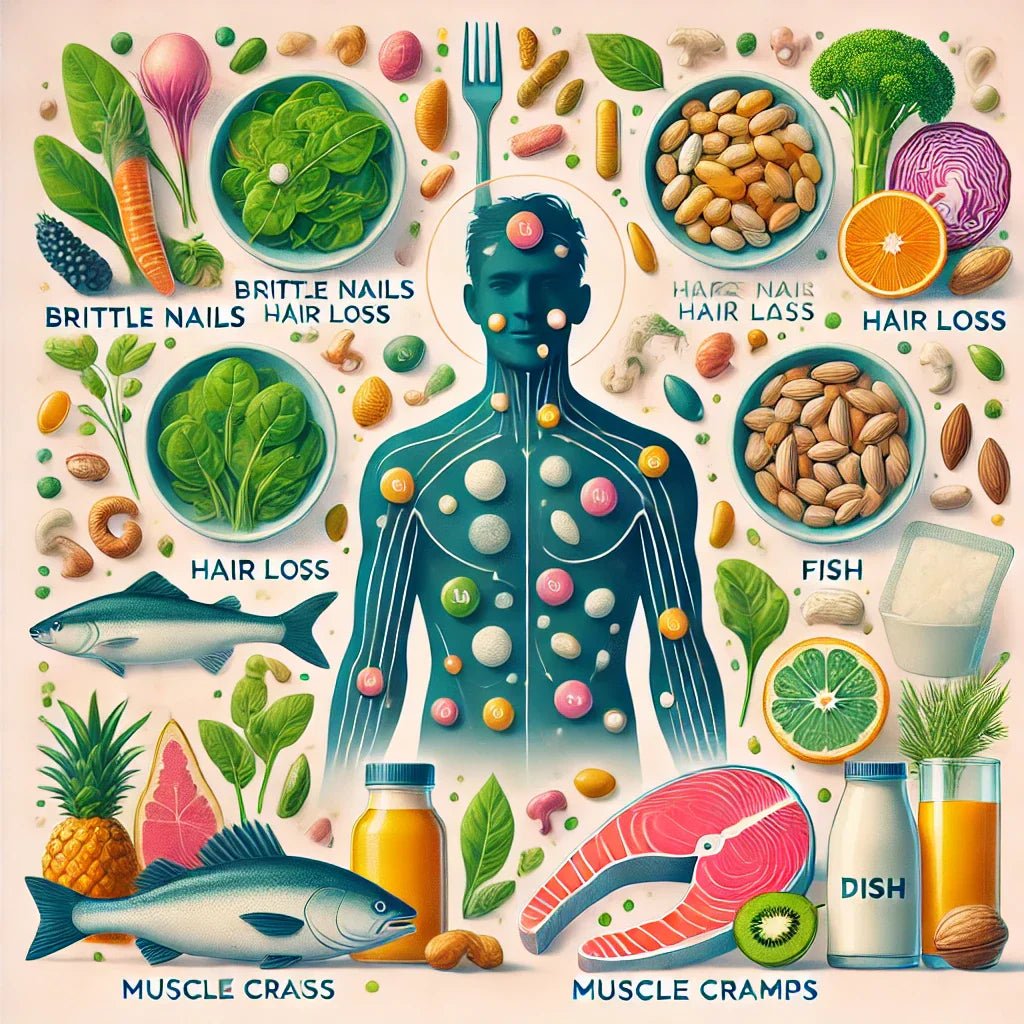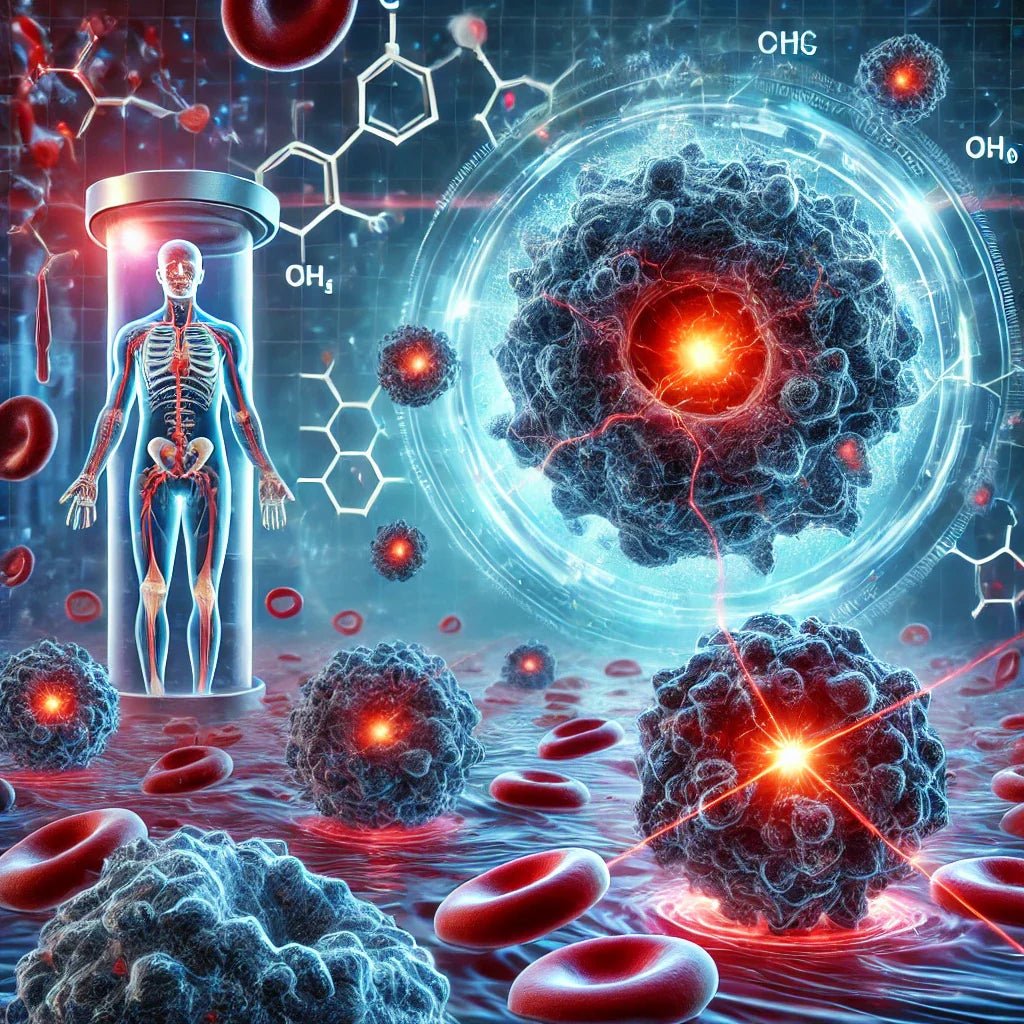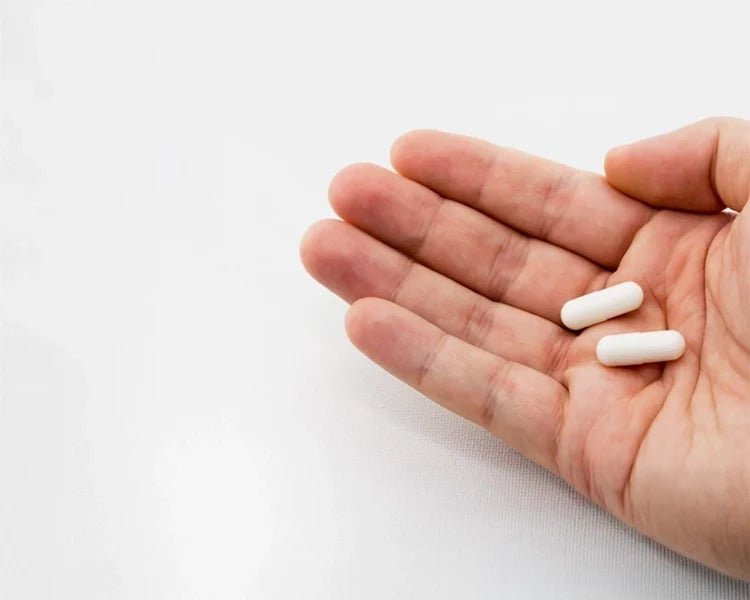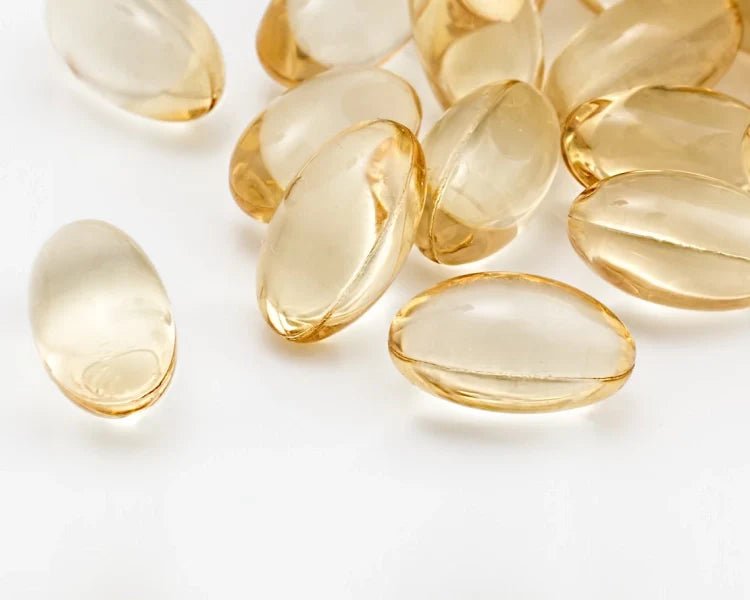Vitamin E is a vital antioxidant that neutralizes free radicals, which are extremely harmful when present in excess. It also helps the body retain other antioxidants, such as selenium, lipoic acid, vitamin C, and dietary compounds. It helps fight inflammation, balances the immune response, and supports the use of vitamin K, which is crucial for healthy bones and heart muscle.
Additionally, vitamin E prevents the oxidation of linoleic acid (LA) from the diet and stored in tissues, which can lead to the formation of toxic compounds. Excess LA contributes to the development of chronic diseases, so regular supplementation with vitamin E can help maintain healthy levels.
Vitamin E and the Risk of Cancer
Lack of adequate amounts of vitamin E in the diet is associated with an increased risk of cancer.
For example:
• Increased intake of alpha-tocopherol (a form of vitamin E) led to a 34–53% reduction in the risk of lung cancer (1).
• A 1993 prospective study found that high vitamin E intake reduced the risk of colon cancer, especially in people under 65 years of age (2).
• A meta-analysis of 11 studies found that patients with lower blood levels of vitamin E had a higher risk of colon cancer (3).
Why can vitamin E protect against cancer?
The exact mechanisms require further study, but there are several explanations:
• Vitamin E protects cell membranes against lipid peroxidation, which prevents undesirable membrane signaling that can lead to neoplastic transformation.
• Helps reduce dietary nitrates, which are often carcinogenic.
• Strengthens the immune system, increasing the body's resistance to the development of cancer.
• Protects the mitochondria of immune cells, supporting their function in the fight against cancer.
• Prevents the oxidation of linoleic acid (LA), which limits the formation of toxic, potentially carcinogenic products of its transformation.
Regular consumption of vitamin E in diet and supplements should be an important element of cancer prevention and immune support.
Bibliography:
1. Mahabir S. et al. Dietary alpha-, beta-, gamma- and delta-tocopherols in lung cancer risk. Int J Cancer 2008; 123(5): 1173-80.
2. Bostick RM Reduced risk of colon cancer with high intake of vitamin E: The Iowa Women's Health Study. Cancer Research 1993; 53: 4230-4237 .
3. Dong Y. et al. Link between risk of colorectal cancer and serum vitamin E levels. Medicine (Baltimore) 2017; 96(27): e7470.
